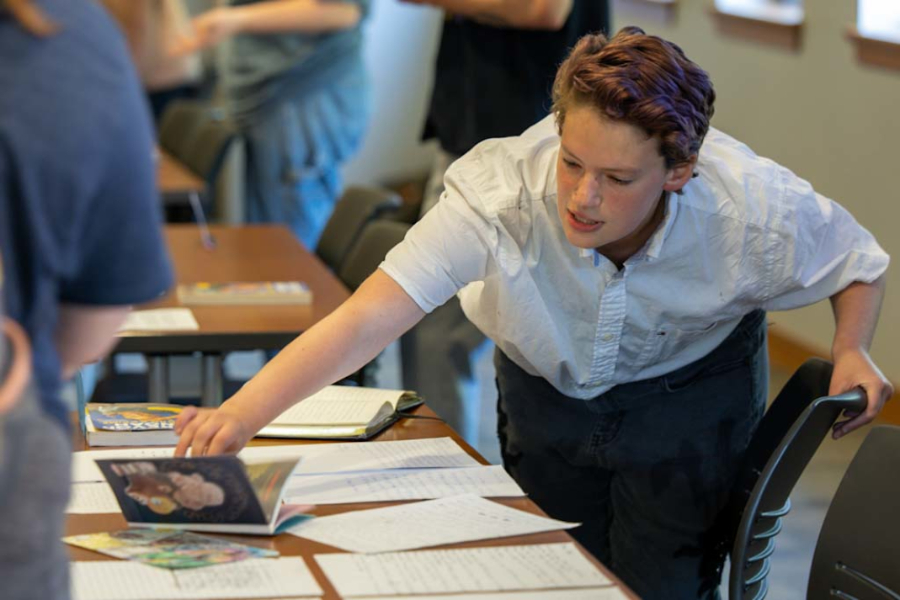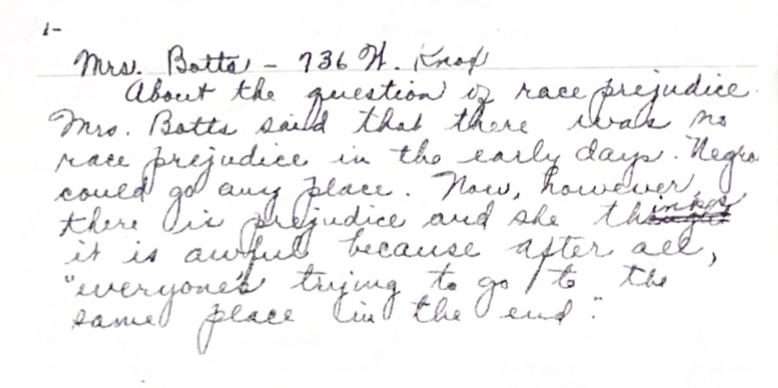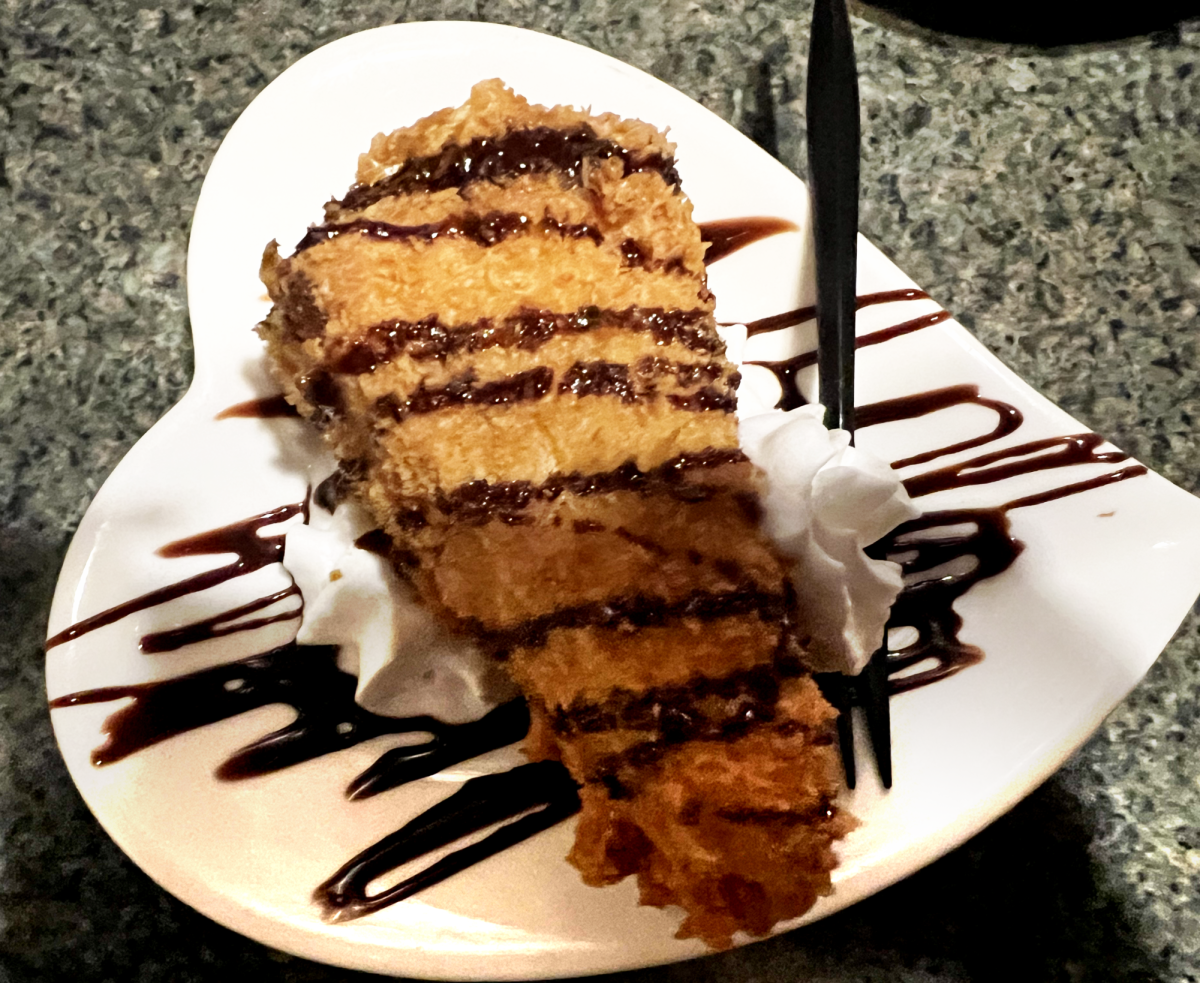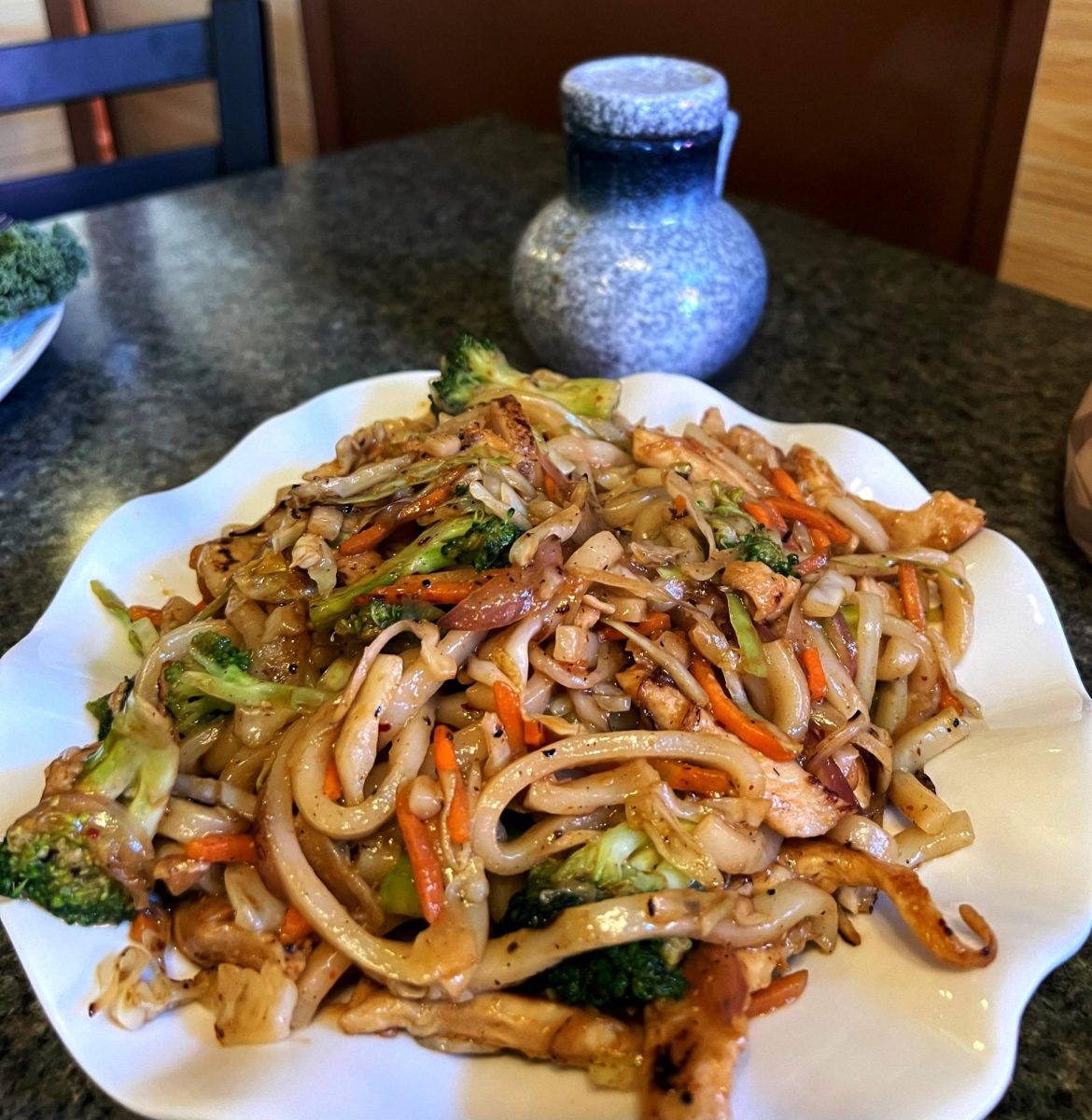On Tuesday, Oct. 27 TKS shared on Facebook a previously published column from a student discussing their views on evolution. We received a significant amount of feedback from readers who felt this should not have been published, due to criticism of it scientific accuracy and it being interpreted by readers as supportive of eugenics. Upon reviewing it more closely, we agree with the readers’ feedback that it was irresponsible to publish this and would like to apologize to the campus and greater Knox community for this failure in our editorial process.
At this time, we have chosen to take down the article from our website. We did not take this decision lightly — discussing our options with our advisor and the relevant staff members — but ultimately decided upon our review of the article in question that taking it down was the most responsible option available to us at this point.
As Co-Editors-in-Chief of TKS, we take full responsibility for the failure in editorial judgment we made when we published this article on our website. It was our role to oversee that our editorial policy was applied in a way that is in line with our paper’s ethics and policies, and we did not properly fulfill that role on this occasion. We recognize that words matter and have the ability to lead to harm, so we once again apologize to all those affected by this column.
We do not intend to make any excuse for this, but we recognize many will ask the simple question of how this got through our editorial process to publication. We feel that what took place was a failure on our part to properly review our editorial guidelines to be aware of the amount of discretion we have when deciding what to publish.
We will now quote from our editorial guidelines’ section on columns: “Anyone is free to submit a column, however, that does not guarantee the column will be published. As much as possible, the discourse editor will work with column writers to make sure columns meet TKS’s standards for publication, including clarity, coherence and ethics. As above, columns including libel, harassment or hate speech will not be published. Columns are expected to be well articulated and well researched. Claims should be substantiated and the column should explore beyond the writer’s life to a clear reasoning for why it was written and should be published for public consumption.”
In short, we operated under the assumption of being obligated to properly represent the views of the campus by publishing a student submission — not considering the fact we did have the right as editors to consider whether the views expressed in our paper fit our standards for publication and respond accordingly. In not considering this, we let down our readers, the rest of our staff, and the writer of the column in question for not providing sufficient editorial guidance.
Going forward — we will have internal conversations about making sure we are giving more thorough review of any columns that are submitted. And that when making the decision to publish, we are considering whether an article is in line with our fundamental standards as a publication.
We anticipate that after this response, we may receive some feedback questioning whether we are disrespecting the value of free speech and caved to a negative public reaction. We continue to be interested in having an active discourse section where a variety of opinions, including those we disagree with, are welcome. But what we have come to recognize is that being a publication does mean our platform can be used by anyone for anything. We need to have some principles on what we will publish, and the fact that this column could be interpreted as supporting views harmful to members of our readership was sufficient reason for us to decide it was not appropriate for publication and regret the initial decision to publish it.
This is not the first time TKS has published a piece in its Discourse section that the editors came to regret, and it will doubtless not be the last time when future editors come in as inexperienced as we are at this point. As student journalists and editors we are constantly in the process of learning, so we make mistakes. This was a particularly hurtful mistake and we will seek to hold ourselves to a high enough standard to avoid repeating it again.
We appreciate all those who will be understanding of our capacity as students to make mistakes, and that we are in a position where our mistakes can end up much more public than most. However we also accept that for many readers this error will result in a loss of trust in our judgment as editors, and that we cannot earn that trust back through a mere apology. We can only proceed from here by attempting to exercise our best editorial judgment from this point on, and continue to listen to the voices who made us see our error in this case.
We continue to accept columns, letters to the editor and responses — including regarding this issue — through the submission form on our website or our email [email protected].










